

MADE IN ENGLAND, SINCE 1784
Discover more


John Smedley x Celia Dowson
Inspired by our SS24 Joyful Expression collection theme, and our continued commitment to champion craftsmanship of all forms, QEST scholar Celia Dowson has created a limited-edition range of porcelain ceramics in three hero seasonal shades — Sundown Orange, Summer Sky, and Coral.
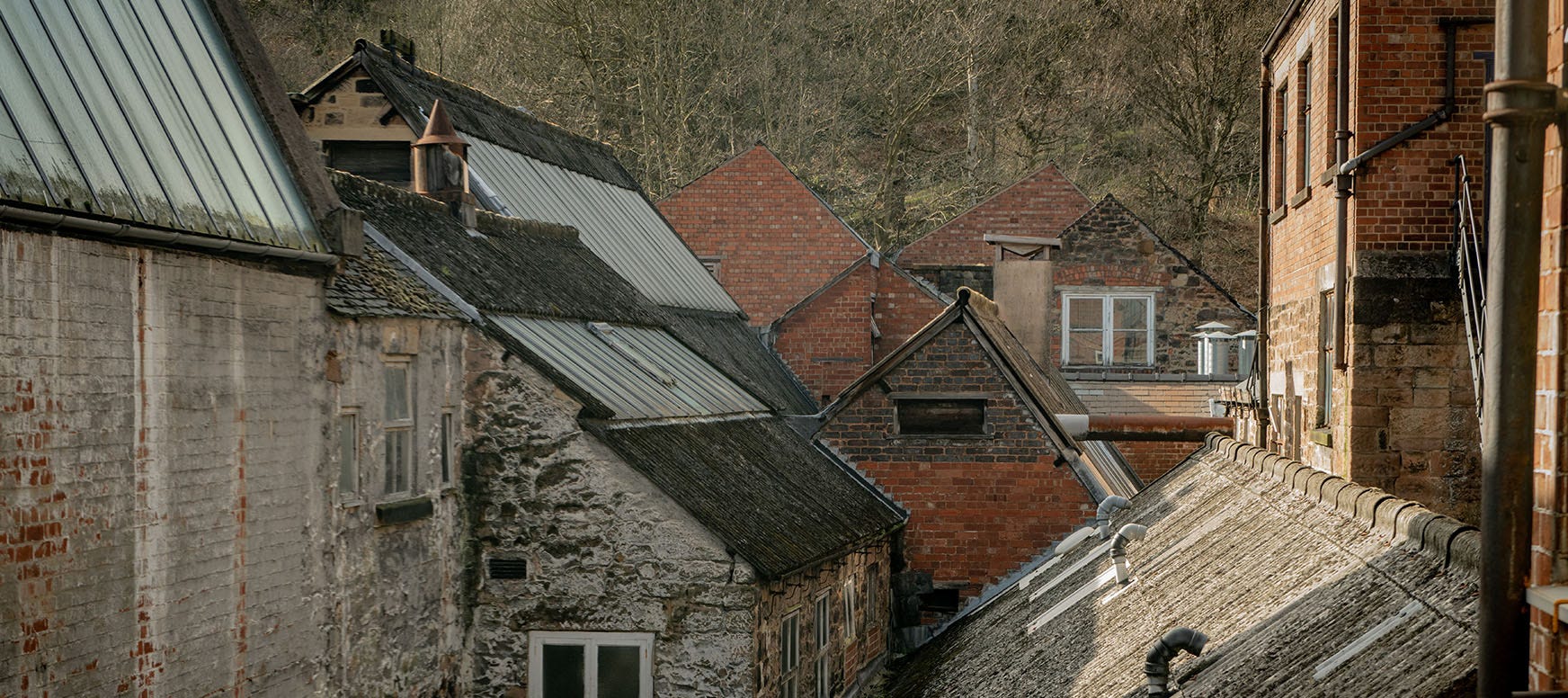
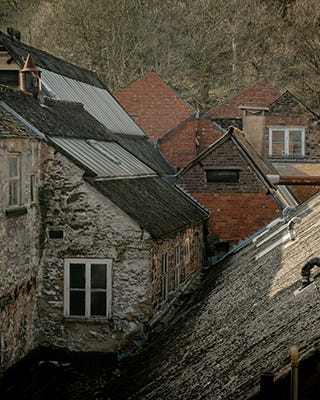
Company History
John Smedley is a family-owned company which has made contemporary knitwear since the 18th century. Today, in our factories at Lea Mills and Armthorpe, we combine traditional craftsmanship with the latest technology to produce hand-finished garments of the highest quality.


British Craftsmanship
Mindfully crafted and designed to last for generations, we are proudly British, quietly confident, and committed to responsible yet innovative manufacturing.
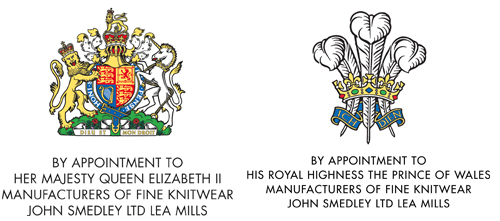



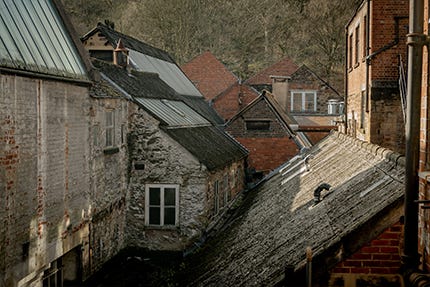
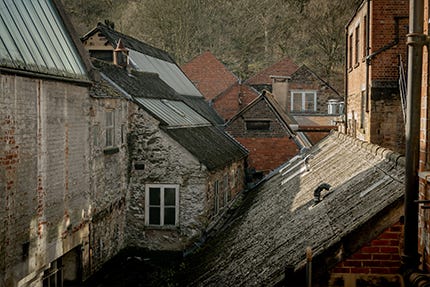






 @johnsmedleyknitwear
@johnsmedleyknitwear